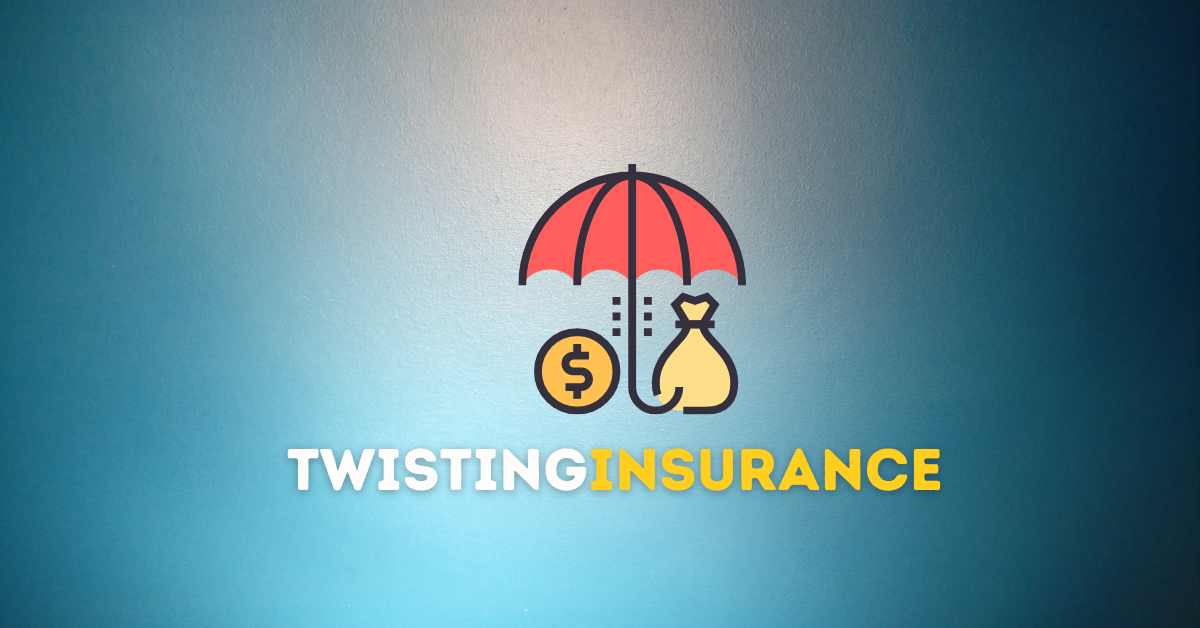When you hear the term 'twisting insurance,' you may instantly think of auto insurance. However, this is far from the truth. Many types of insurance are classified as 'twisting' because they provide coverage for situations other than those found in standard auto insurance. Some examples include rental car insurance, van insurance, and even boat insurance. Each of these insurance policies has specific conditions that must be met before the procedure will payout. Here's a look at some more examples of twisting insurance...
Rental car insurance: If your vehicle gets damaged in an accident, the policyholder will need to purchase separate coverage to cover repairs to the car. If there is no deductible on the policy, the policyholder may have to replace the vehicle. In this case, the twisting insurance clause could state that the policyholder is fully liable for the cost of the car. In other words, if the policyholder doesn't replace the vehicle on your own, they could be sued by the other party.
Van insurance: Most insurance policies available today require vehicle owners to purchase a certain amount of coverage for theft or damage sustained from a collision with a vehicle other than the one being insured. To get this amount of coverage, many individuals purchase a policy with a variable replacement cost clause. This means they can select how much money they want to pay out if they have to make a claim. For example, some policies might have a very high deductible, which means that the policyholder would have to come out of pocket entirely in the event of a claim.
Life insurance: As you can probably imagine, this topic is susceptible for people who want to purchase life insurance policy coverage. As a general rule, life insurance policy buyers are advised not to buy coverage that is more than they can afford to lose. That means that the twisting insurance definition should be thought of when purchasing coverage.
There are two possible reasons that the twisting of the definition can occur. The first is that a policyholder intentionally or unintentionally makes a misrepresentation of information about their coverage. This type of misrepresentation is known as "stretching" of the truth. In addition, a policyholder can make a misrepresentation because they do not understand all of the facts. In other words, they are giving an untruthful answer when they ask if the policyholder will be covered under a specific benefit.
To avoid twisting insurance policies, the best method is for consumers to sit down with an agent and discuss their coverage needs. The agent can explain the difference between life insurance and property insurance and help consumers determine which policy is right for them. In the long run, this can help reduce the number of policyholders who decide to cancel their policies simply because they were not adequately insured.
Another reason agents may present a policy with twisting can occur when they try to convince a client to purchase a replacement policy that they know will not replace it. For example, many people believe that a policy will replace them with a term life insurance policy. An agent often presents these types of policies as being synonymous with cash value. Unfortunately, this type of misrepresentation can result in people having their cash taken when they need it most - in essence; the insurance policy is essentially rendered useless.
When consumers talk to their agent about terms such as "cash surrender value," "guaranteed to withdraw rate," or "guaranteed renewability," they are typically talking about term insurance policies. These are policies in which the insurance company will replace your existing coverage with a new policy at the end of the term. Because the company does not want to pay for claims for your current coverage, they are often willing to give you this type of replacement. However, they are often not worth the cash that you would spend to obtain them and can lead to you paying for claims on an expired term policy instead of cash value.





0 Comments